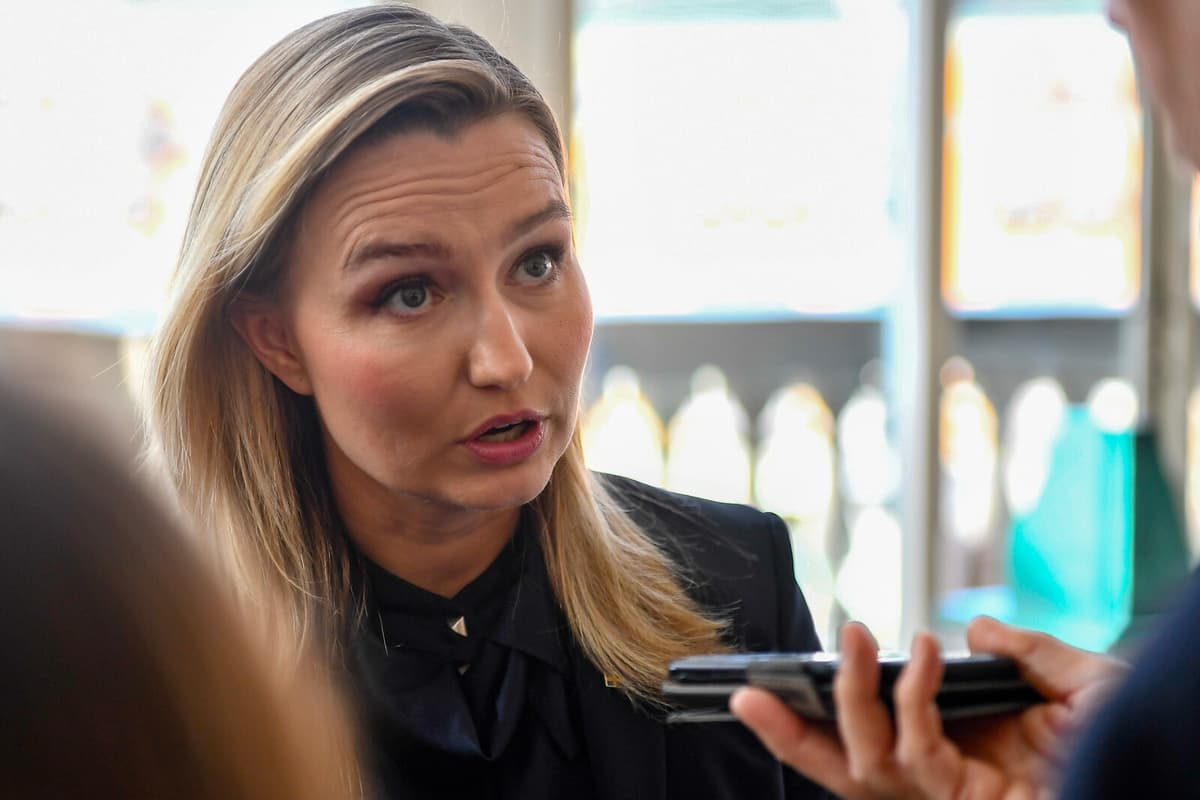It is clearly worrying that there are so many power companies, regardless of whether they are dealing with wind power, solar power or looking at nuclear power, that think it is difficult to get the calculations together because the prices are so volatile, she says.
In a situation where Sweden needs to increase production, but also increase electricity production in a way that enables more consumption, it is clear that it is ominous.
Varying prices
According to Busch, the problem is that electricity prices are so volatile.
You don't know if you should count on negative prices, then it's not possible to invest in new production, or four kronor per kilowatt-hour. It fluctuates so much that you don't know what to base the investment calculation on, and that's something we need to address, she says.
Busch also states that the volatile prices are largely due to Sweden having so much wind power in the system.
Vattenfall has already paused the wind power project Kriegers Flak off Trelleborg.
The power company warns that it is not possible to achieve a large expansion of offshore wind power as long as the state does not take part of the cost of connecting to the grid.
Busch says no
According to Busch, it is not a solution for the state to pay for the connection.
I think you should be honest that what they are asking for is for the Swedish people to pay more for offshore wind power, says the Energy Minister.
Busch also points out that it is not possible to use the so-called grid congestion fees to build out the grid in a way that benefits certain electricity consumers, such as large companies and certain wind farms. It would violate EU rules, according to the government.
Svenska kraftnät agrees with the minister. The authority has made a legal assessment of the issue and concluded that it would violate EU rules, according to Svenska kraftnät for TT.






